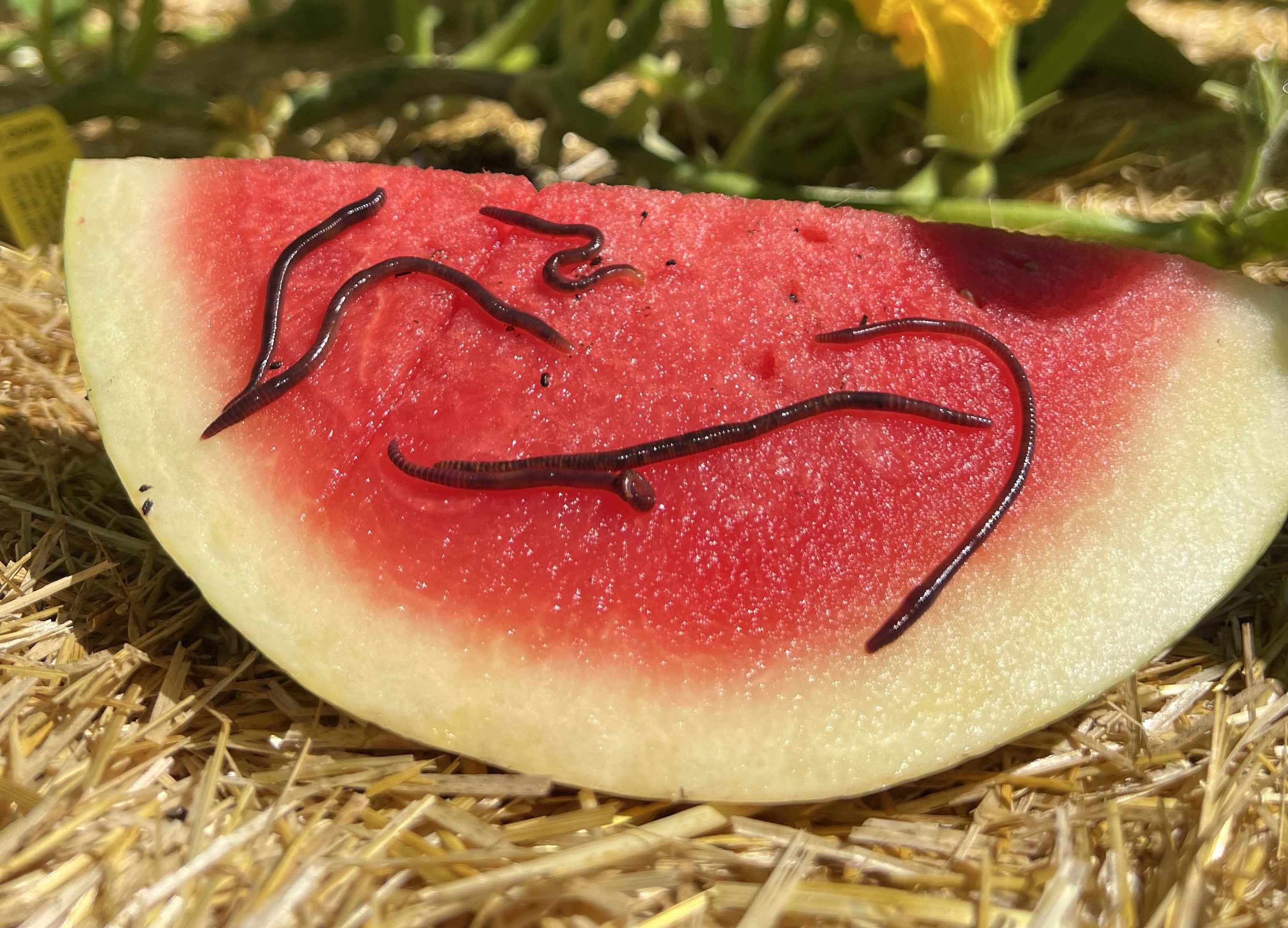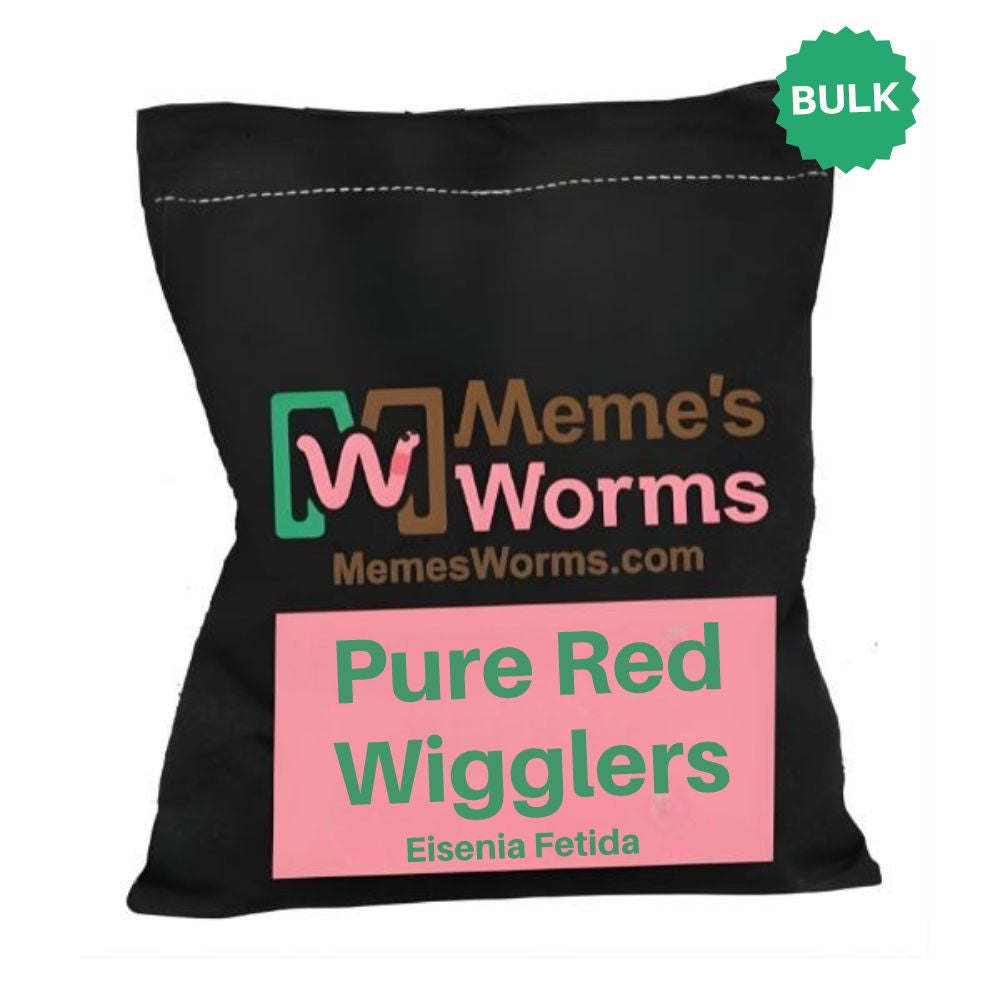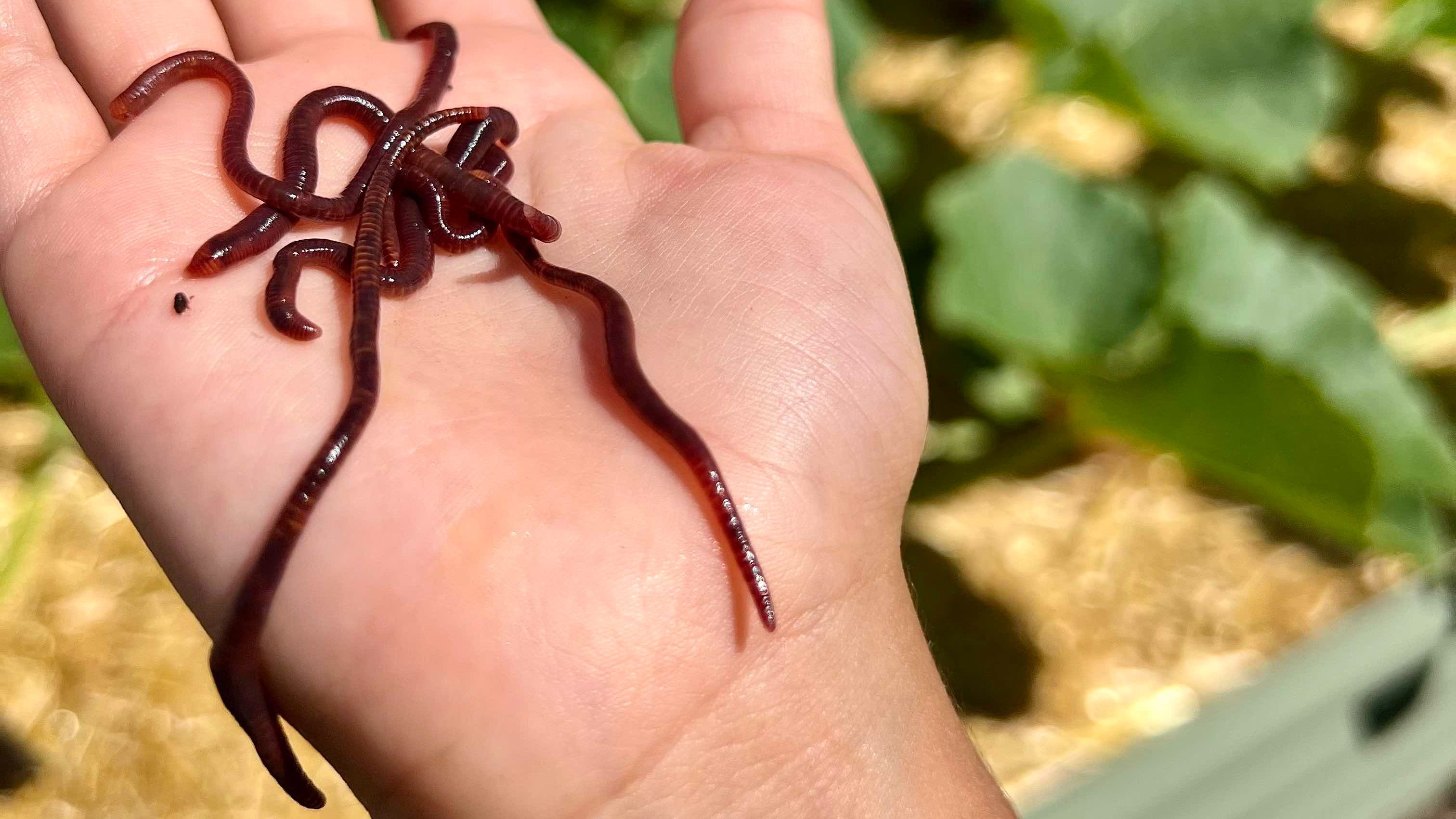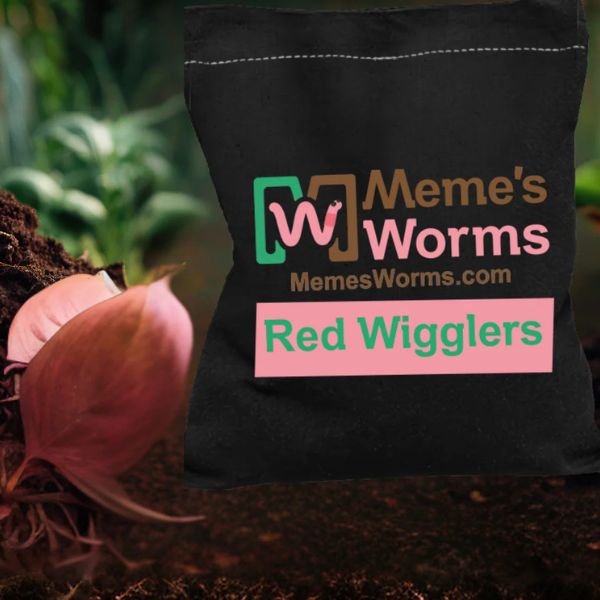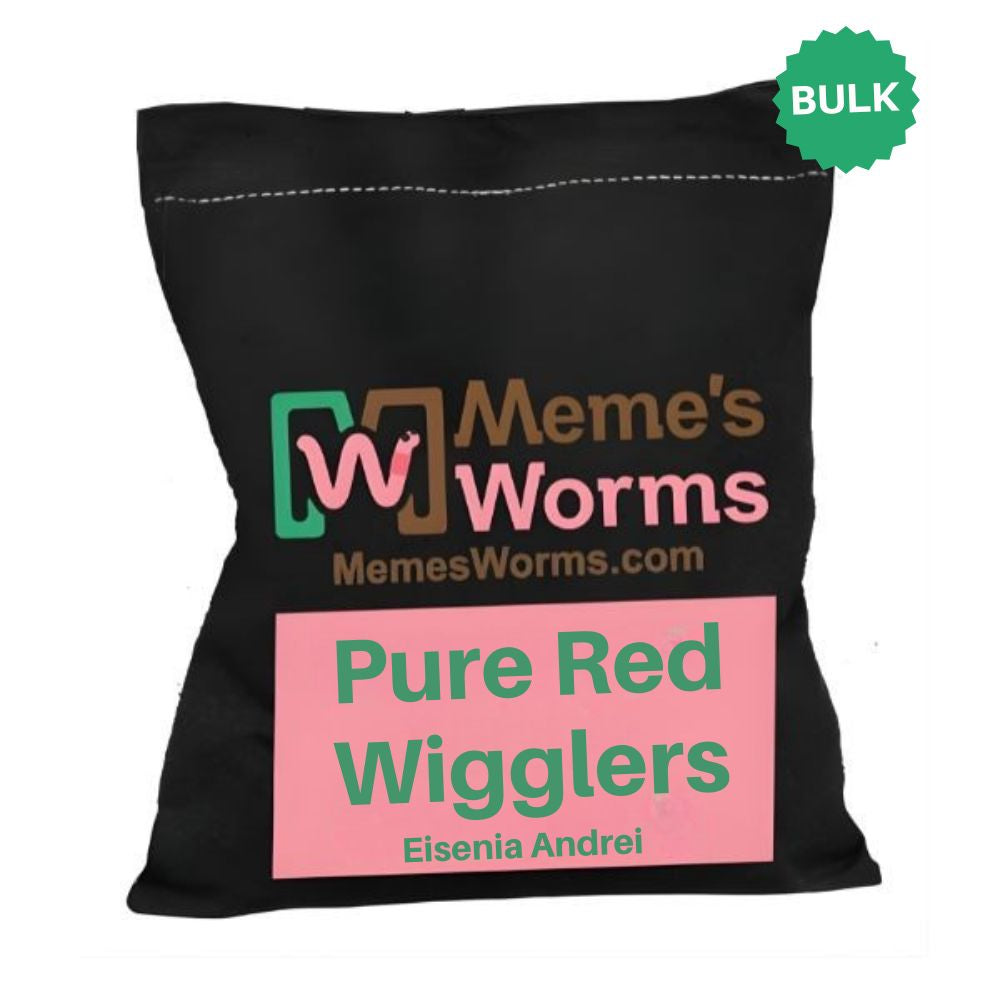Explore our range of bulk composting species—each with distinct benefits for composting, soil improvement, and sustainable gardening. Every type plays a vital role in enriching soil ecosystems naturally.
The composting classic. These surface-dwellers break down organic matter efficiently, making them ideal for worm bins, compost towers, and home systems. Red Wigglers are known for their fast reproduction rate and effectiveness in converting food scraps into nutrient-rich compost.
Larger and deeper-burrowing than Red Wigglers, European Nightcrawlers are great for garden aeration and soil restoration. Their strength and adaptability make them a reliable choice for both composting and controlled-environment soil improvement.
Perfect for long-term soil conditioning projects. These slow-moving tunnelers enhance soil structure, increase aeration, and improve water infiltration—making them an excellent option for farms and large garden beds.
European Nightcrawlers also perform well as bait worms in recreational fishing. Their natural durability and movement make them suitable for freshwater angling, offering a sustainable, earth-friendly option for responsible fishers.
You could keep picking up small tubs from a bait shop — but when composting gets serious or your garden grows faster than expected, small packs start feeling inefficient. That’s when bulk quantities become the smarter, more sustainable choice.
Here’s what ordering composting materials in bulk really gives you — and why it might be the upgrade your setup needs.
1. Lower Cost per Pound
The math is simple: larger quantities mean better value. Whether you’re working with red wigglers, European nightcrawlers, or other composting species, bulk purchasing lowers your overall cost and helps establish your composting system with stronger starting momentum.
2. Less Packaging, Smaller Footprint
Fewer shipments mean less packaging, lower transportation impact, and reduced waste. It’s a win for you and for the planet. Consolidating composting materials into one well-prepared shipment minimizes handling and supports more eco-friendly logistics.
3. Consistency for Growing Systems
Running a worm bin, maintaining raised beds, or managing classroom compost projects? Bulk quantities help maintain stability and ensure your composting ecosystem never runs out of essential material. A consistent supply keeps systems productive year-round without interruptions.
4. Scalable for Larger Projects
Expanding your compost operation or prepping for spring planting becomes much smoother when you start with the right volume. Instead of gradually increasing stock, bulk quantities allow immediate setup and balanced microbial activity from day one — perfect for gardens, farms, and schools.
5. Quality and Performance
All bulk composting species provided by Meme’s Worms are cultivated in nutrient-rich, carefully managed environments. Each batch is conditioned for optimal composting efficiency and uniformity, supporting reliable results in both home and professional systems.
6. Prepared and Packed with Care
Every bulk order is handled with precision to maintain product quality during transit. Moisture, aeration, and insulation are balanced to keep composting materials in ideal condition upon arrival — ready for immediate use in your compost or soil system.
Most people think “bulk red worms” and picture a backyard compost bin. Fair enough — but that’s just one chapter. In larger numbers, composting worms can transform gardens, classrooms, and sustainable soil systems alike. It’s not just about recycling waste; it’s about building living soil and circular ecosystems.
1. Home Composting Systems
Red wigglers are naturals for kitchen and garden composting. In a well-prepared bin, they process organic scraps like coffee grounds and fruit peels into nutrient-dense castings that enrich the soil. Starting with bulk quantities helps your compost system stabilize faster and reach full efficiency sooner.
2. Soil That’s Lost Its Spark
Compacted or depleted soil benefits from European nightcrawlers. Their tunneling improves aeration and water flow while enriching the ground with beneficial microbes. It’s a chemical-free way to revive tired soil and restore vitality to gardens and raised beds.
3. Fishing and Recreation
European nightcrawlers are valued by anglers for their natural durability and movement. When responsibly maintained in a temperature-controlled container, they can be used over time for recreational fishing without constant restocking.
4. Natural Feed for Small Farms
Composting worms also serve as a sustainable, protein-rich supplement for chickens, reptiles, amphibians, and aquaculture systems. Their nutritional value and renewability make them a smart addition to eco-friendly farm cycles.
5. Classroom Learning
Hands-on learning beats theory every time. School compost bins and garden projects using composting species help students observe decomposition, nutrient cycles, and soil science in action. Educators use these systems to teach sustainability through experience, not just diagrams.
6. Greenhouses and Growing Systems
In high-yield environments such as nurseries or greenhouses, composting worms support continuous nutrient recycling. Their castings improve soil structure, balance moisture, and enhance plant health naturally — keeping growing media active and fertile without chemical inputs.

